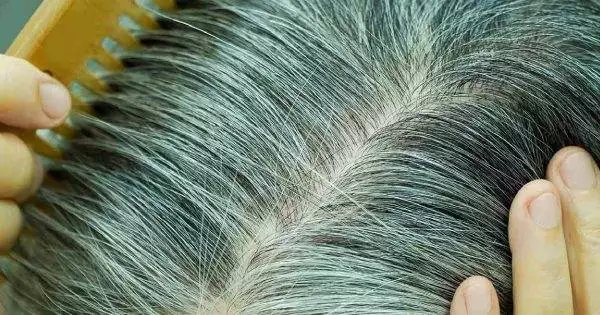If you are currently going through menopause, you may have noticed some hair loss accompanying this change of life. We can help identify and treat hair loss after menopause, which is likely due to a reduction in estrogen and progesterone production in your system.
Every patient has unique needs, which is why we encourage you to book a consultation today to determine if your hair loss is indeed related to menopause and if so, discuss the best treatment for you.

The incidence of androgenic alopecia increases with age, but especially after menopause. As women age, their levels of estrogen and progesterone (the main female hormones) decrease, but they get extremely low after menopause. Testosterone (the male hormone) levels in women also decrease, but not at the same rate as the estrogen. Unfortunately, this means the ratio of testosterone to estrogen increases and that is not good for hair; it increases the risk of androgenic alopecia.
From PRP to LLLT, there are many clinically-proven treatments available if you’re experiencing menopause-related female pattern hair loss. We offer these treatments in our many convenient locations. The most effective options include:
We have the ability to better deliver the optimal concentration of PRP solutions in a completely painless fashion -- without needles.
These medications are frequently prescribed for women who are post-menopausal and can be taken topically or orally if no contraindications.
Sometimes, but it is not a guarantee. Hair loss associated with menopause originates with a drop in estrogen and progesterone levels. These hormone levels do not increase after menopause. Unfortunately for many women, hair continues to thin further with age.
Hormones play a significant role in hair health and growth in women. Some women notice their hair sheds more when stopping hormone therapy. Any change in hormones can affect hair growth in women, as it can in pregnancy as well. Low estrogen levels can impact the growth cycle of hair, shortening the growth phase and delaying the regrowth stage.
For females going through menopause, the cause of hair loss is usually due to hormonal changes. That said, there could be other factors contributing to hair loss during menopause, such as extreme stress, illness, or lack of nutrients. This is why we run diagnostic blood tests to rule out other hair loss causes.
This is impossible to say, as everyone is different. We offer a wide array of hair loss treatments that vary in price. This is why you should come in for a consultation to discuss what options may be available for you when experiencing hair loss due to menopause. We can then determine what services or products are best for you.
Estrogen impacts your hair’s growth cycle, as well as your scalp and follicle health. It also affects the natural oils that keep hair lustrous and smooth. When estrogen levels dip as you go through menopause, your hair thins out, sheds, loses density, changes texture, and becomes dry.